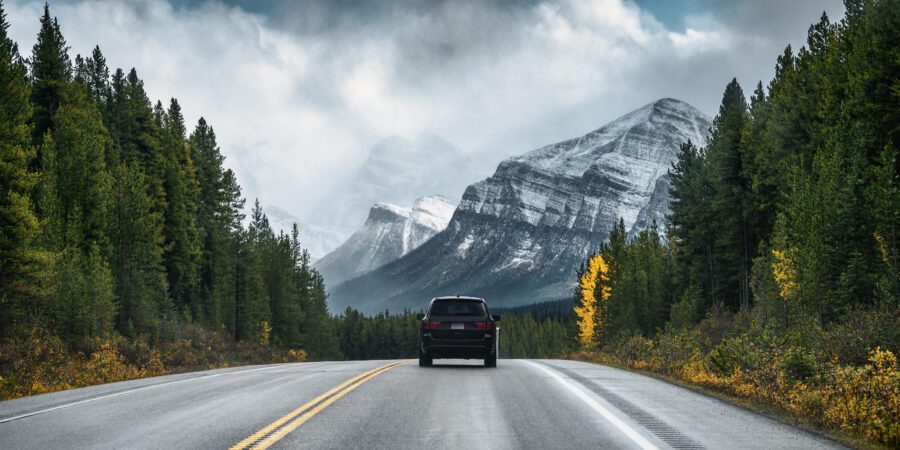Planning Your Road Trip
Whether you venture off on a weekend-long trip to trek neighboring states, or are planning a month-long cross-country trip, it’s paramount that you take some time to plan and prepare. A blown tire in the middle of nowhere, or getting lost around a shady and unsafe neighborhood, are just few of the situations that should merit concern when traveling. Fortunately, all these factors are preventable for those who come prepared. The following are five tasks to add on your to-do checklist before your much awaited road trip:
Check Your Car’s Condition
Your car is the single most important item on your road trip. Without it, you’re stuck in one place. Of course, you can also ride the bus or train home, or to get around, but where’s the fun in that? Have your car inspected by a trusted mechanic before you make your way to the highway ramp. Lights, signals, wiper blades, and fluid levels must all be checked beforehand. Tire pressure, belts, and hoses should also be inspected and replaced if any wear and tear is detected. A small problem or concern with your car should be taken car of immediately in order to avoid any bigger problems down the road (literally).
Emergency Supplies
It’s a common scene in movies – someone stuck in the middle of nowhere with a flat tire and no spare tire, nor any car jack to replace it. Avoid cutting your trip short by bringing your supplies with you. The longer the distance you plan on driving, the more items you should have on your checklist. Spare tire, car jack, and the right lug wrench are some of the things you’ll need. You’ll also want to have a fully-stocked first aid kit with gauze pads, band aids, and sterile pads on board. You never know what the road ahead has in store for you and your passengers. Knowing this, drivers should be well aware of what emergency supplies to pack just in case.
Map Your Route
Which roads and highways you take is a significant factor to the overall safety of your trip. Poorly maintained roadways with uncovered potholes can cause your tires to flatten out, while highways that are notoriously slippery during rainy or snowy conditions can increase your risk of skidding, or getting into a car collision. Use Google Maps or a related online service to get directions and show the safest or shortest routes. Though many of us rely on our modern technology for proper navigation, it doesn’t hurt to have a map in the car, as well. While many aren’t in favor of carrying around a Thomas Guide in their car anymore, it still doesn’t hurt to have a physical map handy. This may be of great benefit for those who may lose signal and are unable to connect to their GPS or navigation system.
Staying Hydrated
Amidst all the fun and excitement you’re having, you might forget to take adequate amounts of water while on the road. Make sure to have enough water supply on board for your family or friends. Your water intake will depend on the amount of physical activity that you engage in as well as the temperatures of your environment. The more humid your environment is, the more you’ll sweat, which means the more water you should be drinking to replace the electrolytes. If you think about it, the world is pretty much 80% water, and your body is, too. Without such, these important bodies may suffer from dehydration. As a general rule of thumb, have a one-liter water bottle for each passenger on board. Staying hydrated is especially important for the driver since dehydration predisposes him/her to leg muscle cramps, which could ultimately affect ability to drive safely.
Confirm Your Accommodations
Before you head out, make sure to confirm your hotel reservations. If you are also reserving a vehicle, be sure to clear that up too. Booking online is a convenient process, but there’s cases when online reservations don’t get processed and you’re left hanging at the front lobby of a hotel, trying to look for any available rooms they may have. If you are bringing pets on your road trip, check with the hotel to see if they are dog-friendly otherwise you’ll need to find another place to stay in. Overall, before you leave for your trip, make sure all the accommodations you have made for this trip, are properly aligned. If there was a mix-up or an e-mail you didn’t see, it can create chaos after driving long hours, only to be disappointed. Remember, it takes less time to do the right thing.
Here to Help
Use the tips above to help make the journey a safer and more enjoyable experience for you and the family. As a last tip, make sure to have important contacts on speed dial including trusted relatives, friends, and a trusted personal injury attorney, just in case.


